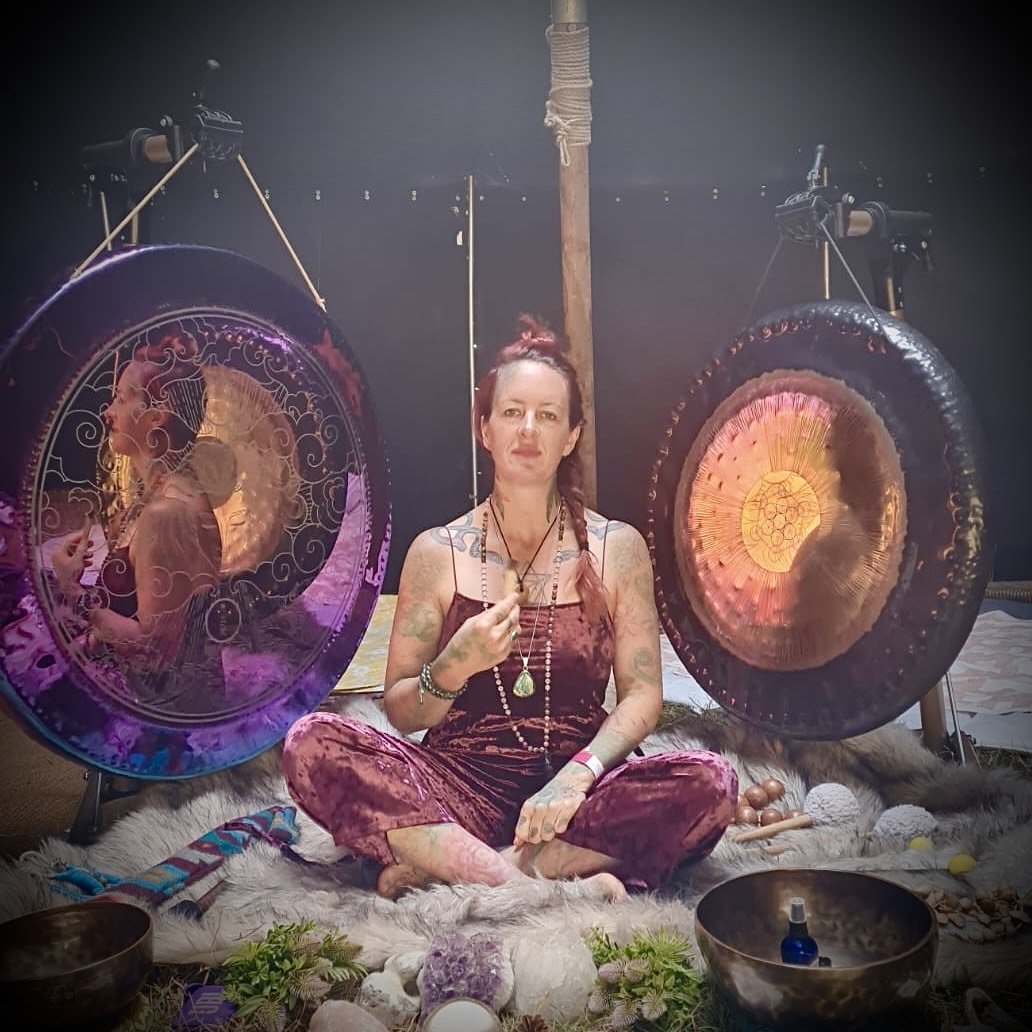I write historical fiction. That means that, in my novels, I follow the historical record, and weave a story and characters around it.
Often when I tell people I write historical fiction, they say, oh, I prefer to read real history books, non-fiction.
Now, here’s the rub, because, in my view, non-fiction history books contain fictional elements. Why would that be?
Well, to illustrate the point, here’s an example: ask a Marxist to write a history of Ancient Rome, and you’ll end up with a description of the class struggle, the material conditions of society, the economic system and the ways people produced their livelihoods. He or she would focus on how these factors shaped social relations, ideologies, and historical events.
But gives only a partial view of the whole picture of what really happened in Ancient Rome.
In astronomy, this partial view is called an asterism. Here’s an example; in the night sky, there’s a well-known constellation called the Plough. But the Plough is actually only a small part of a much larger constellation, Ursa Major, or the Great Bear.
The Marxist view of the history of Ancient Rome is an asterism, in that it focuses on a part of the whole. Also, an historian can only analyse the history of a period according to the range, scope and depth of his or her mental arrangement, which focuses on their scholarly references and but also features their semi-conscious biases and prejudices.
That’s why, to my mind, history as written in the history books has a fictional element. It cannot not have a bias.
To be fair, historians are aware of this, but they face another problem. They are also aware that their source material is subject to the same in-built biases. It’s a well-known saying that history is written by the victors, well, that’s just one bias. In Ancient Rome for example, their historians tended to be literate, male aristocrats who served their master and so brought their own class and cultural bias to their historical writings. So, even the source material used by modern historians is subject to the same biases.
So when you factor in the historian’s predispositions, and add to that the biases in the ancient sources, the history you read today can only be a segment of a segment view of what really happened.
This uncertainty is one of the reasons I enjoy writing historical fiction, because it means there are undiscovered gems lying around in the histroical record waiting to be found. And although a historian might be able to tell you what happened, a novelist can speculate about how it happened, why it happened, its origins, and its repercussions. To my mind, this is far more interesting, and includes trying not only to understand what they (say the Ancient Romans) thought, but why they thought what they thought, what were the forces bearing down upon them at the time, social, economic, cultural, religious, spiritual, and so on.
Now, because of our 21st century cultural programming, it may be difficult to know for sure what they thought, but I do believe it is possible to appreciate why they thought what they thought. As a novelist, that is an intriguing proposition, because to appreciate how they thought involves conjuring a combine compound of details, from the clothes they wore, the fabrics they were made of, their food and drink, their beliefs, their customs, how they travelled, what they wore on their feet, how they felt about their lives and their families, how they related to their gods, in short, all the things that a novelist can speculate about.
All the things that make me write historical fiction.
There’s another saying that history repeats itself, and examples are legion. But if something repeats itself, it suggests that something has a memory of what has happened, otherwise how could it repeat itself. An example would be how nations can develop into empires, which grow, expand, reach a peak, and then begin to contract and eventually disappear. And this has happened to many countries through history.
So if history is ‘remembered’ in this way, does that suggest it is organic, in the sense that, like the empire, it is governed by cycles. If that’s the case, then it must be possible to predict the course of history, so that say the next 10 or 20 years are going to be more or less the same as the last 10 or 20 years, with a few changes and tweaks added in or subtracted.
What becomes of particular interest to me as a historical novelist is when you get events in history that could not have been predicted from what had gone before, events that were in that sense unique and unprecedented.
An example is as follows: you go into a cobblers in 1760, and you see bits of leather and shoe-making equipment, but no pairs of shoes for sale. That’s because in 1760, pretty much everything that was produced was made by hand, from clothes to wagon wheels to bricks. It was called cottage industry. Also, this system had been in place around the world for thousands of years, pretty much since man had emerged from the cave.
Contact Justin via https://www.justinnewland.com





